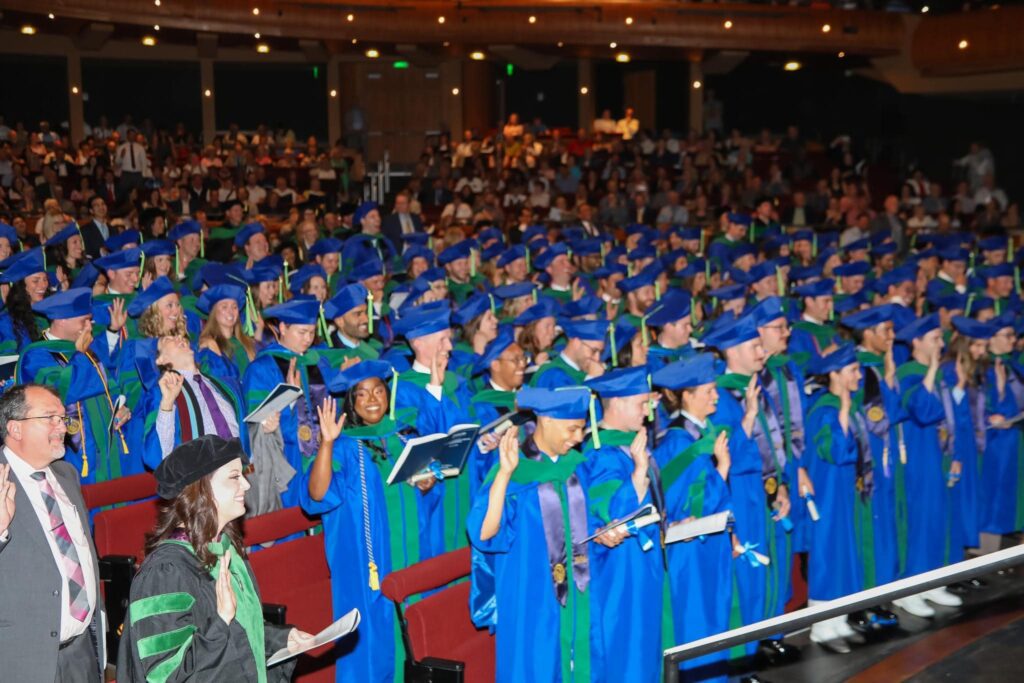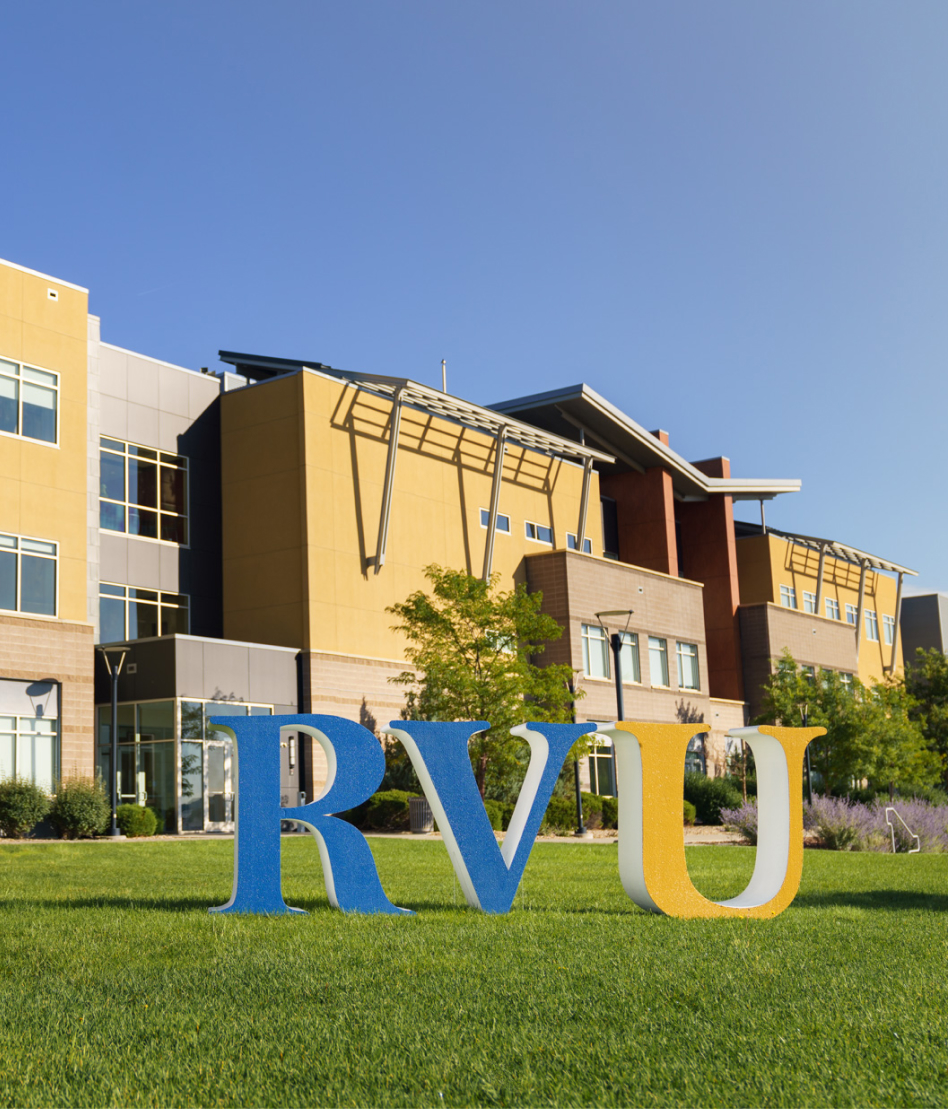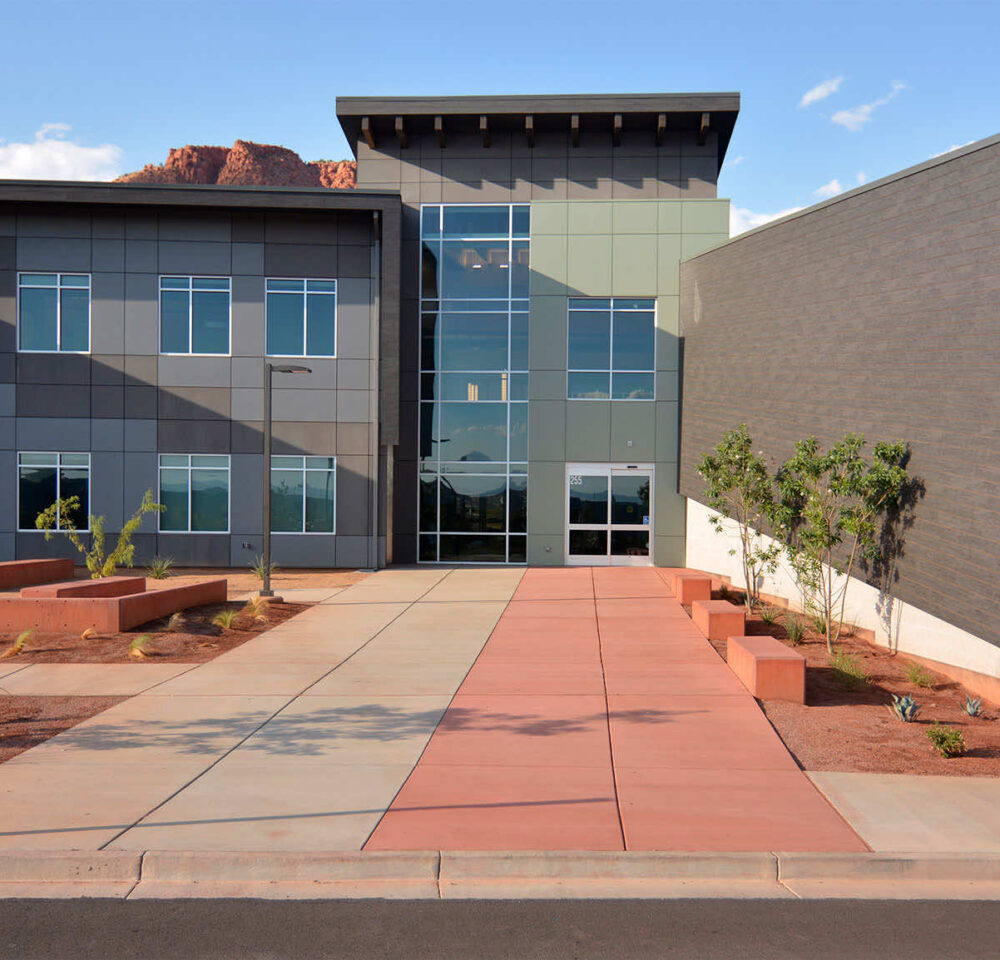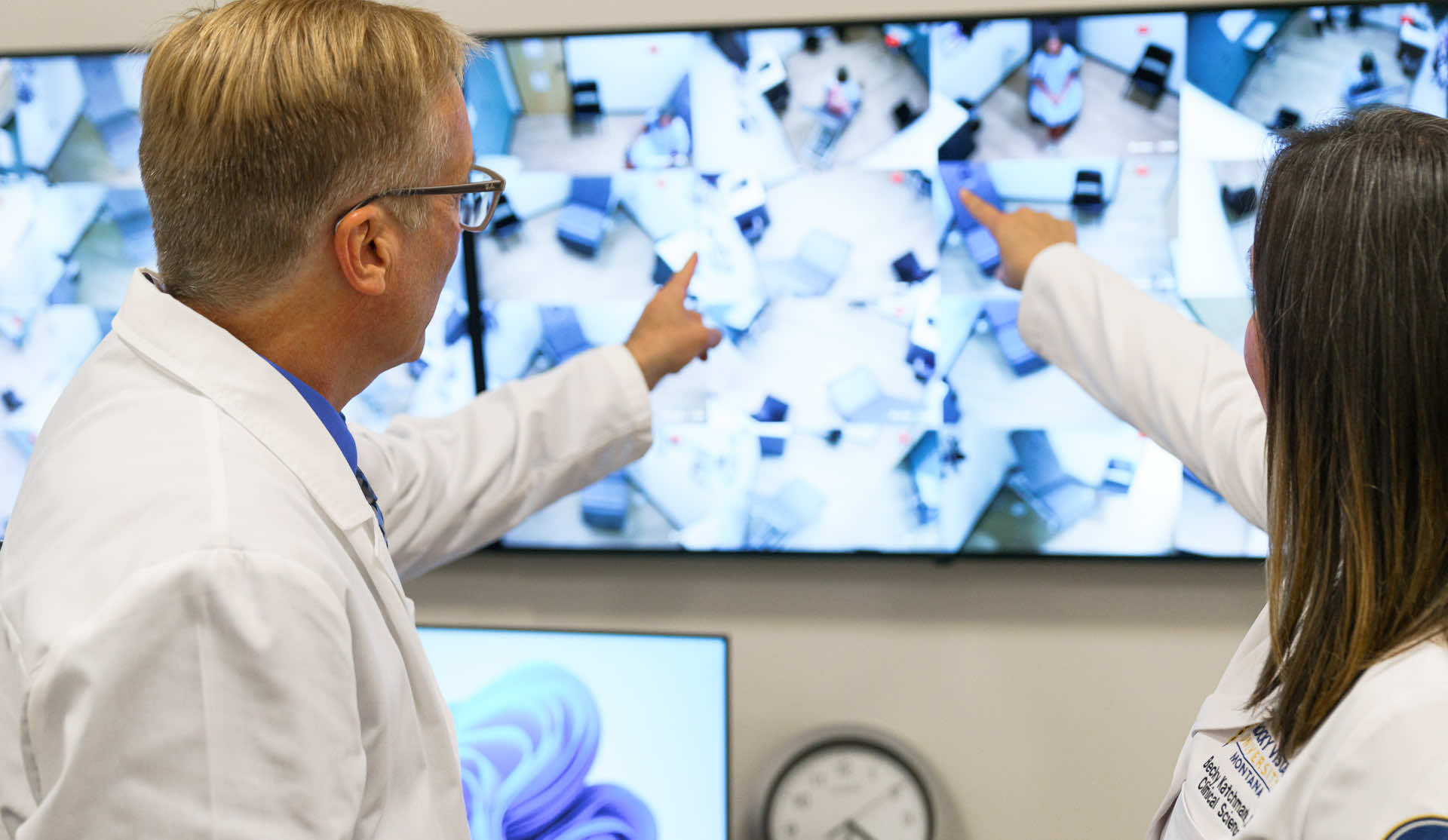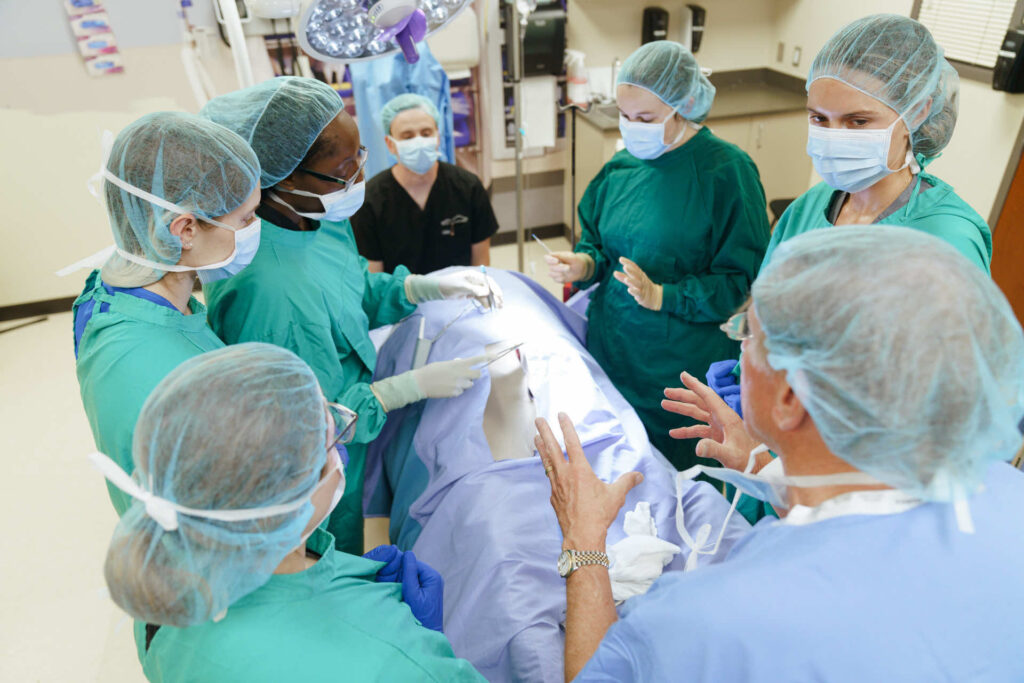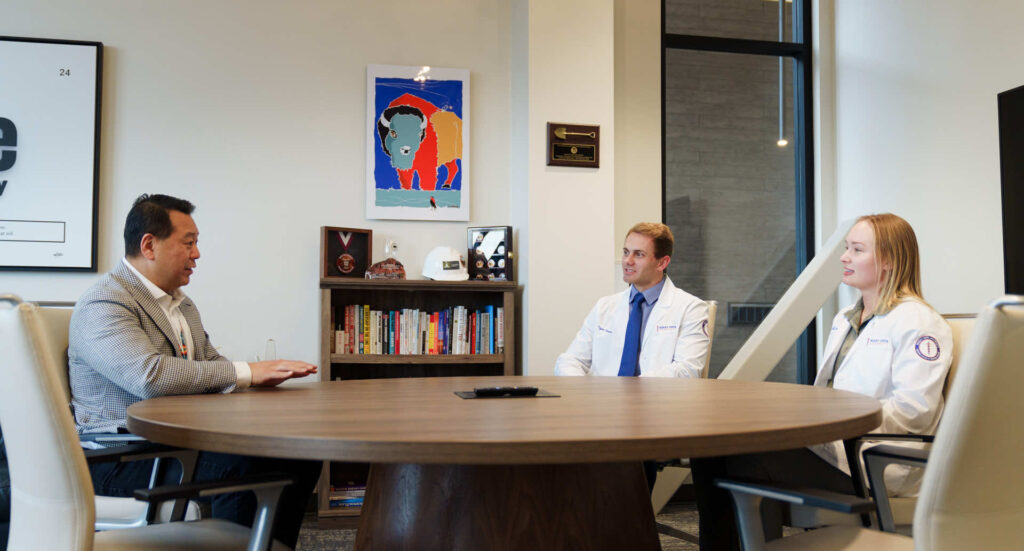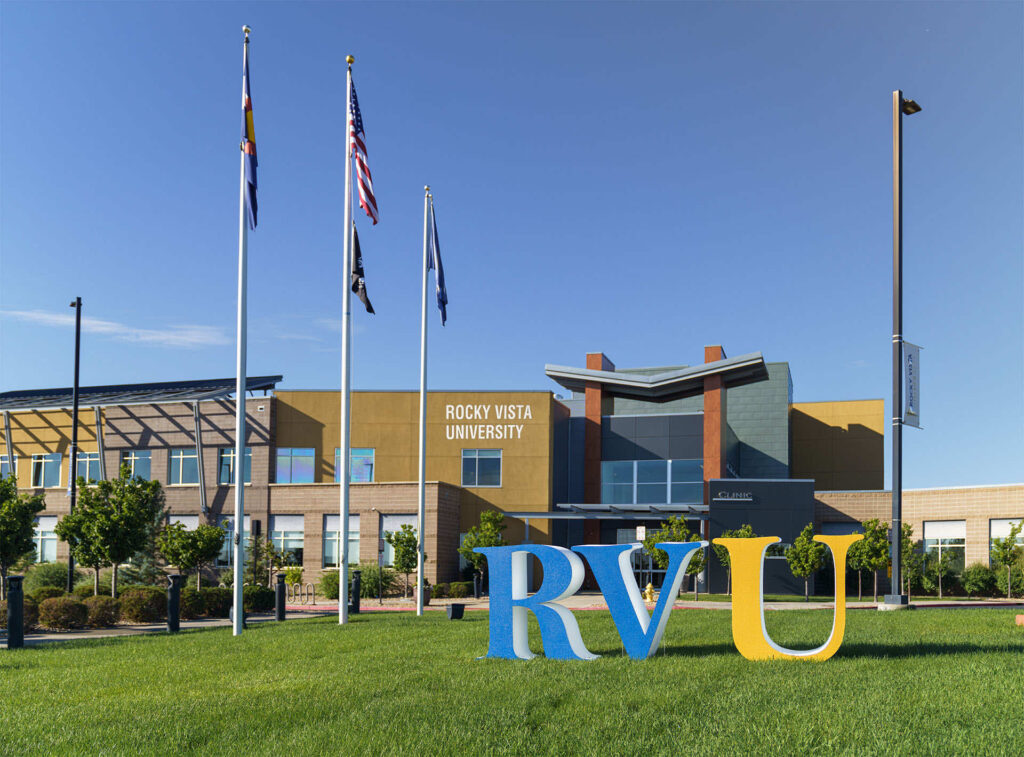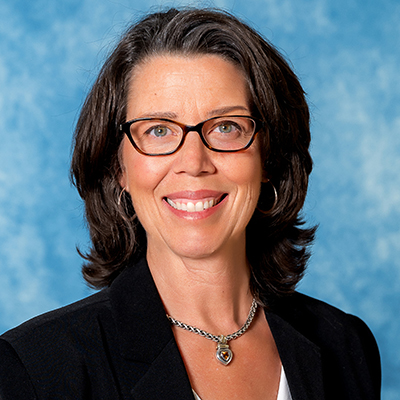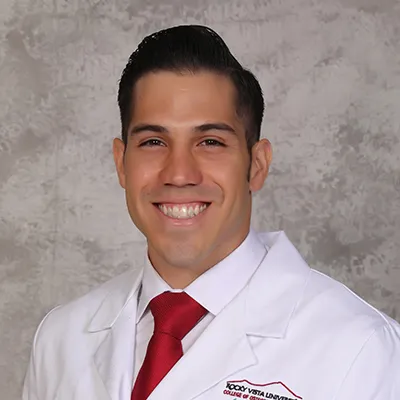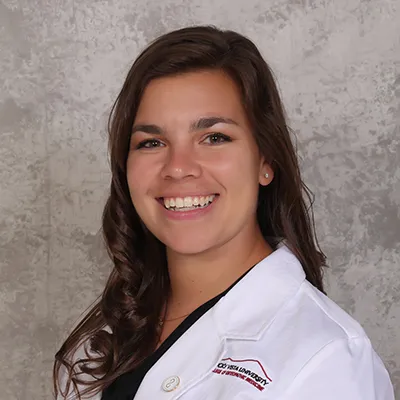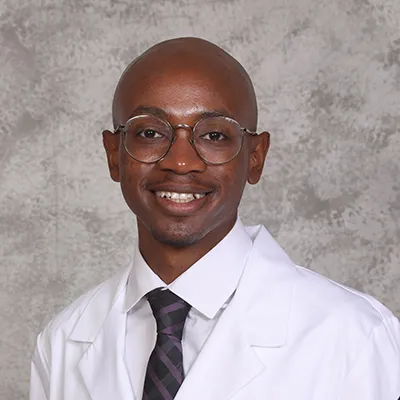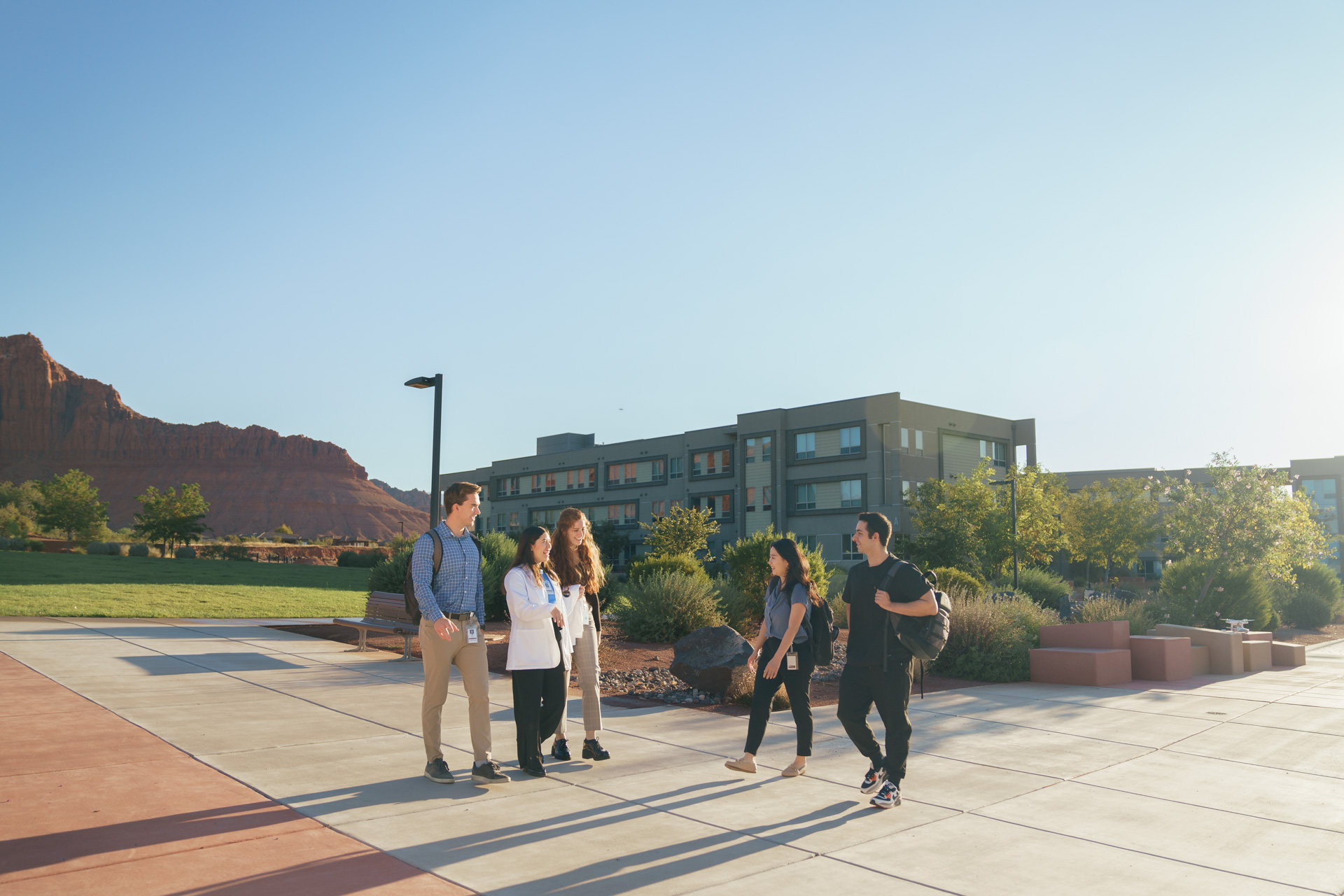Technical Standards Required of Matriculates
Rocky Vista University Doctor of Osteopathic Medicine (DO) Programs Technical Standards Required for Admission, Matriculation, and Progression
Introduction
Rocky Vista University (RVU) maintains a strong institutional commitment to equal educational opportunities for qualified applicants and students with disabilities. We collaborate with students to develop innovative ways to ensure accessibility and strive to create a respectful, accountable culture through our confidential and specialized disability support. Technical standards are required to engage in the program fully. Students’ competency related to learning objectives throughout and pertaining to their level of education will be addressed by the individual program. These technical standards are not intended to deter any candidate for whom reasonable accommodation will allow the fulfillment of the complete curriculum. RVU encourages students with disabilities to disclose and seek accommodations.
Seeking Americans with Disabilities Act (ADA) Accommodations
Prospective and enrolled students seeking accommodations engage in an interactive and confidential process with a Disability Officer to determine reasonable accommodations to ensure equal access. This process is informed by RVU’s commitment to inclusive excellence and the knowledge that students with varied types of disability can become successful healthcare professionals. Students are encouraged to submit requests for reasonable accommodations as early as possible, given the time required to process those requests. Accommodations may not be applied retroactively and may not fundamentally alter the nature and objectives of the program. Additionally, accommodations are generally not provided while requests are being reviewed/processed. Therefore, early disclosure is strongly encouraged for those requesting disability-related adjustments or modifications.
If you are an applicant, accepted student, or enrolled student with a disability who may require accommodations, we encourage you to contact the Office of Disability Services via [email protected]. Additional information regarding disability resources at RVU is available on our website.
Fulfilling Technical Standards
RVU approaches technical standards and accommodations on a non-discriminatory basis that is consistent with our values of equity and inclusion. This approach is also in accordance with legal requirements as outlined in the Americans with Disabilities Act of 1990, the Americans with Disabilities Act, as amended, and the Rehabilitation Act of 1973, as amended. To matriculate and remain in an RVU educational program, the specific program’s technical standards (delineated below) must be met with or without reasonable accommodations (i.e., students who have and students who do not have accommodations must meet all applicable technical standards). Students must be able to participate in all required activities necessary to meet the educational objectives of each course and of the collective program. While enrolled at RVU, fulfilling the technical standards does not guarantee that an applicant, student, or graduate will be able to fulfill the technical requirements of any specific residency program, employment, future training programs, or other pursued opportunities.
DO Programs Technical Standards
Immunizations
Students must satisfy all requirements for immunizations at the time of admission and throughout their time as an RVU student. Failure to do so will prevent matriculation or, in the case of an enrolled student, lead to dismissal. For specific information, please see “Health Records/Immunizations” of the Student Educational Records section of this Handbook.
Observation
Students must be able to obtain, gather, and synthesize information in didactic and clinical settings. This includes but is not limited to lectures, lecture supplemental materials, labs, physical exams, interviews, and raw diagnostic representations of physiologic data (e.g., radiology images, echocardiogram, ECGs, lab results, microscopic images). Students must have the individual capacity to assess a patient and evaluate findings accurately. These skills require the use of vision, hearing, and touch, or their functional equivalents.
Communication
Students must be able to communicate with others to elicit information, to detect changes in mood and activity, and to establish a therapeutic relationship. Students must exhibit interpersonal skills to accurately communicate with others. Students must be able to clearly, accurately, and sensitively record information obtained through communication. Students must demonstrate effective communication, participation, and collaboration with all members of a multidisciplinary health care and educational team across various communication mediums (e.g., in-person, Zoom, written). English is the primary language of the RVU DO curriculum, and students are expected to have a level of proficiency that eliminates language as an access barrier.
Motor
Due to the clinical nature and the training of an Osteopathic physician, all students must have coordination of both gross and fine muscular movements, balance, and equilibrium. All students must have the capacity to perform tactile examinations and osteopathic manipulative techniques in a manner that ensures patient and provider safety. Students must have the capacity to experience, collect, interpret, and understand tactile diagnostic exercises and manipulative treatments. Examples of this in the curriculum may include (but are not limited to):
- Maneuvering a patient during diagnosis and treatments, including being able to lift or maneuver at least 40lbs
- Reaching around a patient to perform certain techniques
- Bracing/stabilizing a patient’s mass during treatment
- Meeting isometric forces approximating 20lbs
- Providing high velocity thrust over 1 cm of distance under control while maintaining palpatory discretion
- Utilizing exam equipment effectively and safely (including but not limited to ultrasound probe, otoscope, stethoscope, sphygmomanometer)
Intellectual, Conceptual, Integrative, and Quantitative Abilities
Students must possess conceptual, integrative, and quantitative abilities, including measurement, calculation, reasoning, analysis, and synthesis. Problem solving, the critical skill necessitated by all RVU programs, requires these intellectual abilities. In addition, students must be able to observe and comprehend three-dimensional relationships and to understand the spatial relationship of structures. Students must be able to be present, engage, and participate in all required activities to the extent necessary to achieve all activity objectives and outcomes. Students must be capable of extended periods of intense concentration and attention.
Behavior and Social Abilities
Students must have the emotional health required for full use of their intellectual abilities, the exercise of good insight and judgment, and the prompt completion of all responsibilities attendant to the demands of the educational program. Students must have the capacity to develop mature, sensitive, and effective relationships with members of the internal and external RVU community (e.g., peers, faculty, staff, patients, health care professionals). Students must be able to successfully function as part of a healthcare team and participate in a multi-disciplinary environment. Students must be able to accept constructive feedback, demonstrate accountability and take personal responsibility for improving personal performance and team interactions.
Students must be able to tolerate physically and mentally taxing workloads and to function effectively under stress. They must be able to adapt to changing environments, display flexibility and professionalism, and have the capacity to function successfully and perform in the face of uncertainties inherent in the clinical nature of the RVU DO program. Due to the tactile nature of Osteopathic education, students are required to participate both as patients and as trainees in the curriculum (e.g., OPP laboratory, PCM laboratory) and examine/be examined by their peers.
Ethical and Legal Responsibilities
Students must maintain, demonstrate, and display high ethical and moral behaviors commensurate with being a productive, compassionate, professional member of society in all interactions (e.g., faculty, staff, peers, patients, the public). Students are expected to have the cognitive ability to understand the legal and ethical aspects of their chosen profession and the capacity to act according to the relevant laws and ethical standards.
Physical Interactions
As an osteopathic medical student, you will be expected to touch people of different genders, races, and body types as part of your required training to become an osteopathic physician. Reciprocally, you will also be expected to be touched by other RVU medical students as part of physical assessment and treatment skills training during osteopathic clinical skills labs. In addition to ADA accommodations, exemptions to this requirement may also be granted based on religious accommodations.
